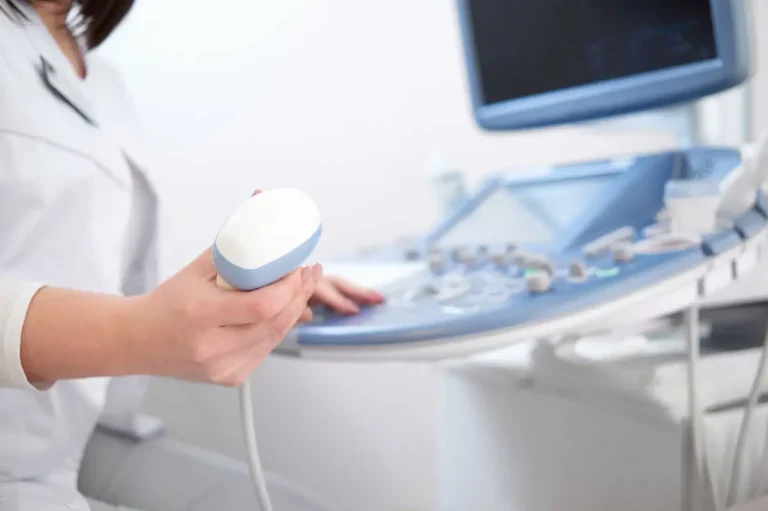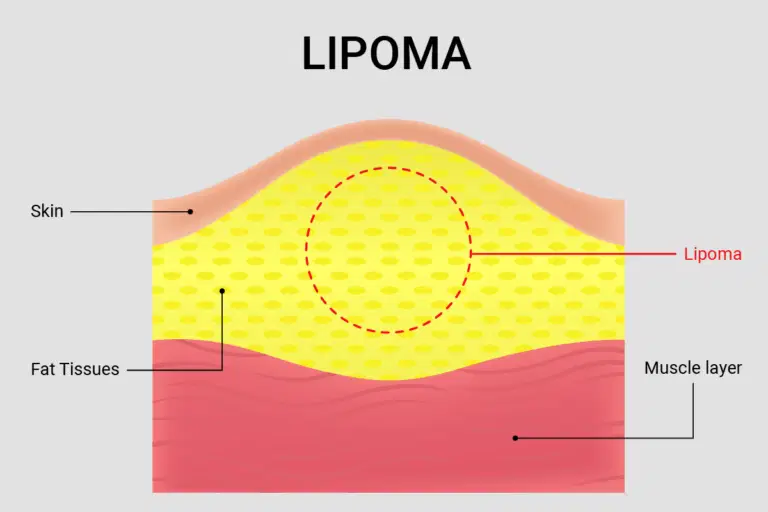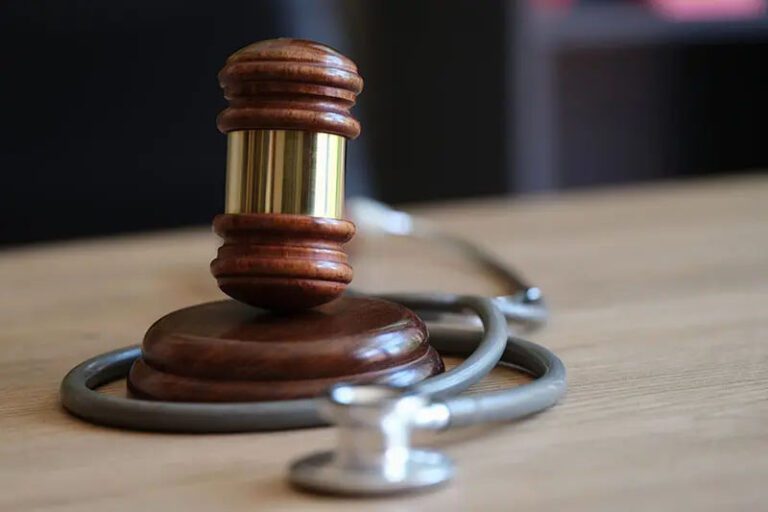You’re experiencing some symptoms, maybe you’ve noticed a lump, and your worried. You make an appointment with the doctor, he or she prods and pokes you a bit and then says “I’ll get back to you in a few days”. It’s frustrating. We get it.
Now all the questions start in your head. Does your doctor not know what’s wrong? Are they out of their depth? Have you got something so rare that they have never seen it before? What’s going on here?
In this article, we’ll explain what happens between a doctor reviewing your symptoms and you receiving a proper diagnosis. And you’ll be please to hear that quite a lot happens during this time!
First some reassurance…
First of all, you need to feel reassured that your doctor has your best interests in mind. You should feel free to ask questions, and Manchester Lump Clinic doctors will give you as much information as they can, and keep you informed of any developments. Your consultation may be with a single doctor, but behind the scenes there are many specialists who will get involved.
Getting the team involved
Sometimes, giving a straightforward answer can be difficult. The patient’s medical history & clinical symptoms need to be taken into account and these can take time to review. Sometimes it’s necessary to perform further investigation before a diagnosis can be given. The doctor may refer the patient for an MRI or CT scan, or possibly a biopsy of the soft tissue or bone lesion to better understand what’s going on. (A biopsy is a procedure where a sample of tissue is taken to be examined under a microscope).
The results of these procedures give the doctor the information needed to provide a diagnosis. But if the results are not clear cut, a clinical diagnosis cannot be provided. In these cases it’s necessary to discuss the case with our multidisciplinary team (MDT) to gather specialist opinions.
Why do other specialists need to get involved?
The old adage “two heads are better than one” applies here, except instead of two heads it’s sometimes 3, 4, 5 or more heads. It is important to seek the views and gather second opinions from other specialists who may have experience of dealing with the specific conditions the patient is having. Their experience in treating and managing the patient will be of value of ensuring best treatment and care of the patient with a difficult clinical problem.
This is also important from a governance perspective to give a further opinion on what is the best treatment for the patient. It is then fully documented and fed back to the patient paving the way for the next step in the management plan.
Who get’s involved?
The MDT, true to it’s name, pulls in expertise from many different medical disciplines including:
- Surgeons – the person who performs operations
- Oncologists – Doctors who diagnose, assess, treat and manage patients with cancers
- Pathologists – specialists in studying tissue and performing lab tests
- Radiologists – specialists in performing and analysing the results of X-Rays, CT scans, MRI scans
- Nurse specialists – looking after patient care
At the Manchester Lumps Clinic in-person meetings MDT occur regularly.
What happens at an MDT meeting
Our multidisciplinary meetings are held weekly. In the meeting, each case is presented and the history is reviewed with the clinician presenting the case. Specialists will review and discuss their areas, for example, imaging is reviewed by the radiologist and any biopsies are reviewed by the pathologist.

A consensus for the best management plan with the combined experiences and knowledge of others is made and documented. Importantly if there is no cancer diagnosed then this is relayed to the patient it can then be safely managed on a non cancer pathway (Our consultant Amit Kumar explains what a pathway is in this article).
The team will discuss the best timed pathways for treatment to ensure timely action is taken. On occasion the multidisciplinary meeting may deem it appropriate that the patient be transferred across to the NHS on a suspected sarcoma pathway.
Faster Response with the MLC Rapid Response Clinic
A unique feature of the Manchester Lumps Clinic is our Rapid Response Clinic (also known as the One Stop Clinic). Through insurance and self pay funding, clinical assessment and diagnostics (and on occasion treatment) can be achieved a lot quicker and therefore getting to the diagnosis earlier.







